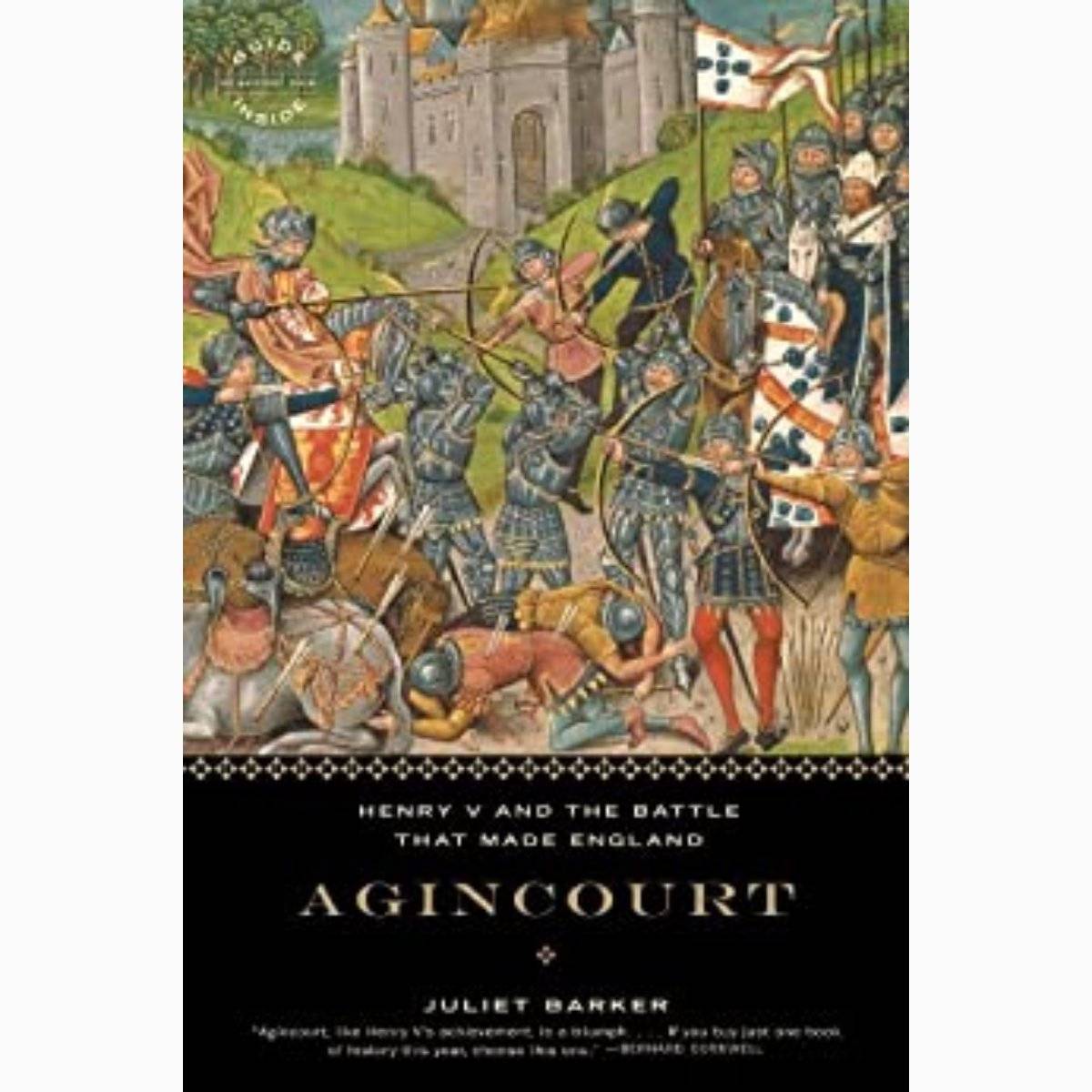
A book about a fifteenth-century battle proves to be surprisingly timely:
When national morale is low and victory seems uncertain or far off, it is useful to be reminded that resourcefulness and determination can sometimes be more important than sheer weight of numbers. On the other hand, writing in such circumstances makes it easy to fall into the propaganda trap, . . .
Sophronisba and much of the historical and literary response to Agincourt has been one-sided, politically motivated or simply jingoistic, portraying the battle as a victory of stout-hearted, no-nonsense English commoners over lily-livered, unmanly, foppish French aristocrats. 3y


















